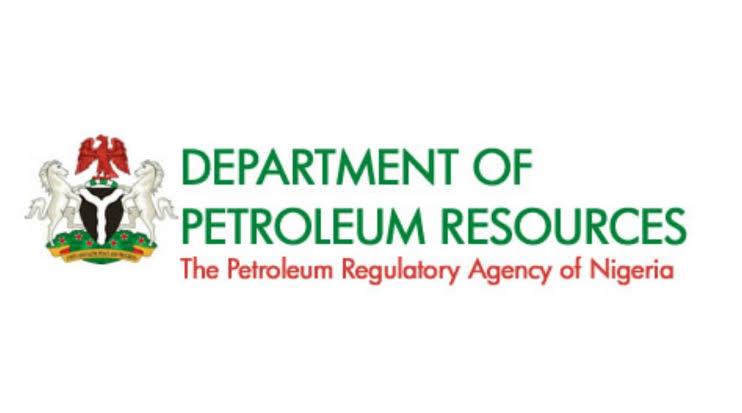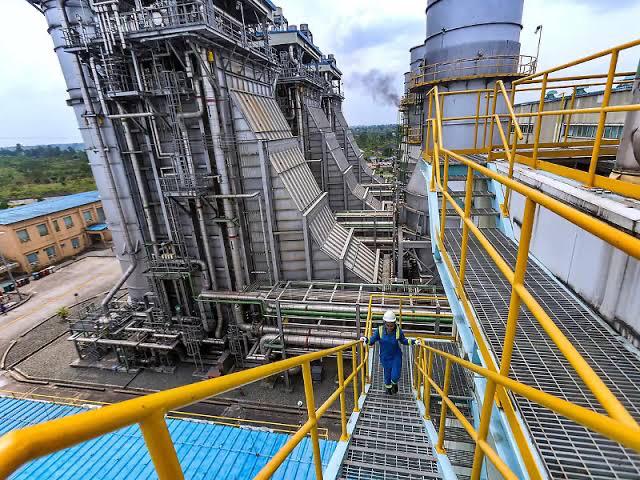At a public hearing at the Nigerian National Assembly organised by the Joint Committee on Gas Resources and Petroleum Resources, Upstream and Downstream, the Chief Executive Officer of the Department of Petroleum Resources (DPR), Auwalu Sarki, said the Department has reviewed five (5) terms for gas development under the Production Sharing Contracts (PSC) in Nigeria.
The hearing was on the topic: “Inclusion of Gas Terms in Production Sharing Contracts by the Nigerian National Petroleum Corporation (NNPC).”
Mr Sarki said the DPR had considered and reviewed the terms for gas developments in the PSC and the terms included duration, cost of gas, tax gas, royalty and profit gas.
The first PSC, as a business arrangement, was signed in 1973 between the government and international oil companies with the absence of gas terms in the contract. Others were signed in 1993 with oil majors, in 1998 with main indigenous companies, and in 2005 and 2007 as contracting documents between NNPC and their contractors.
He noted that gas from OML 18O and 130 operated by shell and Total were being utilised via Nigerian Liquified Natural Gas (NLNG), as part of the strategies being used to enhance gas penetration and utilisation in Nigeria.
He added that the gas price mechanism template will be presented to the Minister of State for Petroleum Resources, Chief Timipre Sylva, today, March 9th.
Excerpts from his submission: “These five terms, we believe when considered, will definitely make it robust and enable the provisions that made in the Petroleum Industry Bill (PIB) to adequately address all issues and concerns.”
“The new regime of the PSC was introduced by the deep offshore by the inland basin connection Sharing Contracts of 2004 and was amended in 2019 to replace the royalty regime of 1999 act.”
“We are making efforts to have more infrastructure to make gas available in Nigeria as well as creating the enabling environment for investors and private owners, especially for PSC.”
“The minister declared this decade, the decade of gas and this proposal by us and our submission to the joint committee will give a base line for intended work that the NASS is doing for energy security for the country.”
“It is our understanding that the PIB will be passed, this is the time to address a lot of issues, and this submission could be among the best inputs to that document that we are anxiously waiting to be passed.”


